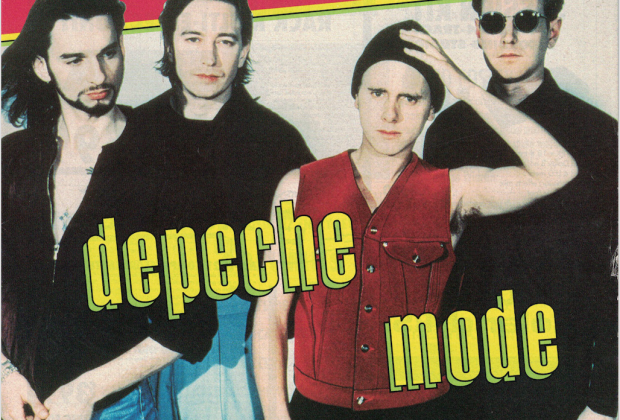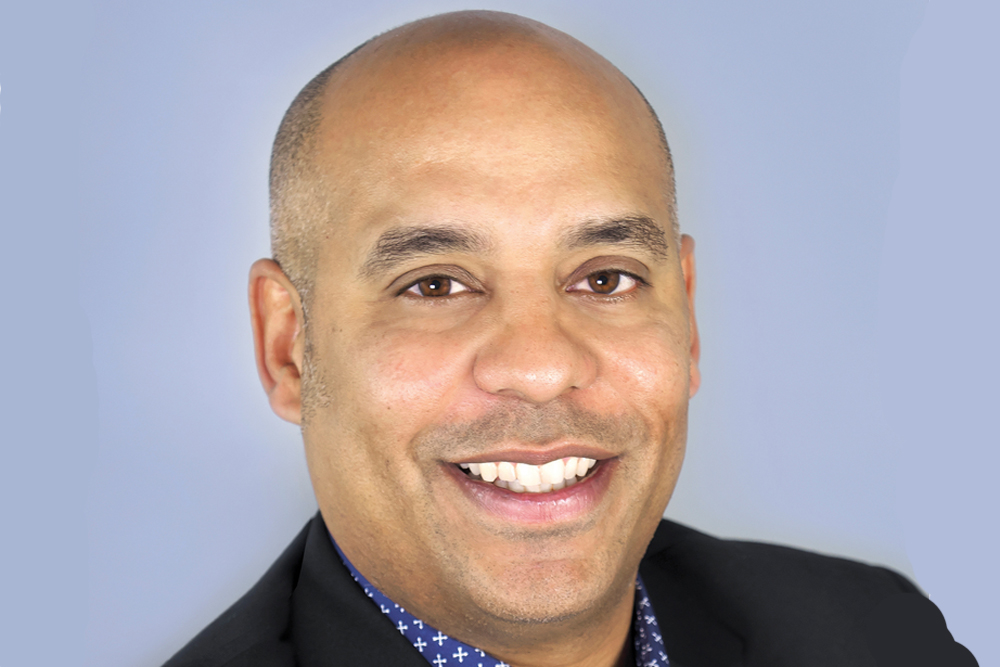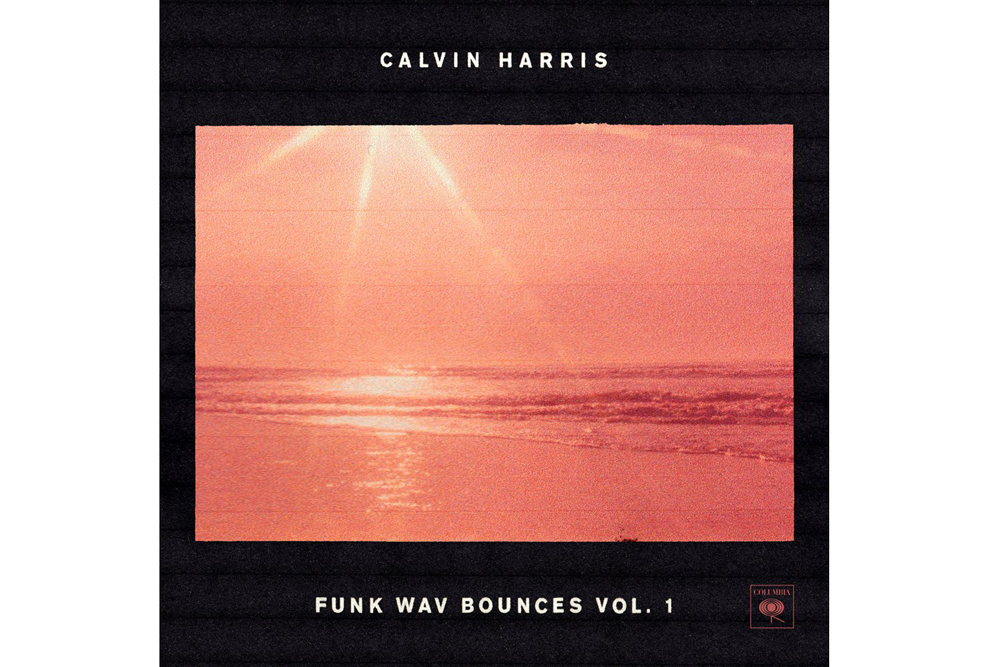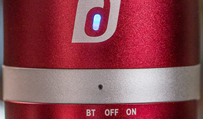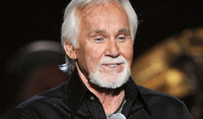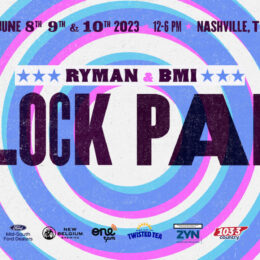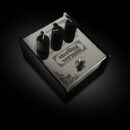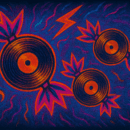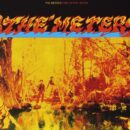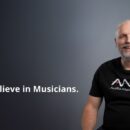This article was originally published as the feature cover story for Music Connection Vol. XVII, No. 8 April 12-April 25, 1993.
Article by Jon Matsumoto
When Depeche Mode first toured the U.S. in the early Eighties, curious (if not baffled) American journalists would ask the group why they didn’t use guitars.
Back in the nascent days of the British electro-pop movement, there were more than a few traditionalists who insisted that an all-synthesizer unit like Depeche Mode could not possibly challenge a real guitar, bass and drum rock & roll band.
“When we first came to America, you were supposed to be either a rock band or a black dance band with nothing in between. We weren’t either of those, so it was very difficult for us at first,” remembers Depeche Mode’s Andrew Fletcher.
But twelve years after the release of their first album and with assimilation of electronic music into the pop mainstream, matters have gotten much easier, not to mention far more profitable for the Basildon, England unit. Today, the group has comfortably settled into the prestigious arena tour circuit. And in a few media centers like Los Angeles and New York, it can even be seen headlining the type of goliath football stadiums usually reserved for cross-cultural icons such as Madonna and the Rolling Stones.
Depeche Mode has even elicited some Hard Days Night-type fanaticism in certain pockets of Mode-mania. In 1989, a group autograph session at an L.A. Wherehouse record store ignited a full scale riot. It took more than 130 police officers in full scale riot. It took more than 130 police officers in full riot gear to quell some 5,000 fans impatient to see the band.
So how do you explain Depeche Mode’s extraordinary popularity? Ask the band and they won’t mention sex appeal - though that’s certainly an ingredient - and they won’t ramble on about the exotic allure and sonic flexibility of the Synclavier or the mini-Moog synthesizer. To the group members, their success has to do with something far more basic.
“The main reason for our appeal is that we’ve been able to continue to write quality songs,” says Depeche Mode’s Alan Wilder. “Obviously, we try to record those songs in the best possible way. But we don’t forget that what people really relate to is a good melody and a good song. We don’t try to analyze it too much. If you do that, you’ll probably fall right off your ass.”
Indeed, it was good songwriting as well as solid execution that made Depeche Mode’s 1990 Violator disc such an attractive work. The album - which contained such noire-ish, but hook-laden tracks as “Personal Jesus” and “Policy Of Truth” - helped stamp the band as unquestioned international stars.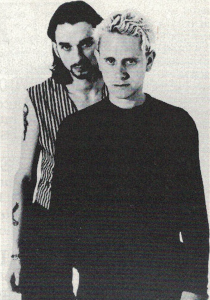
Depeche Mode’s new album, Song Of Faith And Devotion, arrives during a particularly pivotal time in the group’s existence. Not only is the band in the anxiety inducing position of following up on multi-platinum album, but some of its members are also in a life stage of significant personal development.
During the eighties, the band members devoted much of their time to making Depeche Mode successful. Between 1981 and 1990, the band released eight studio albums, two compilations and one live album. The decade also found DM touring on a regular basis.
But after Violator, the group realized it not only wanted, but needed a lengthy hiatus. The foursome took an entire year off from Depeche Mode in order to pursue their lives away from the band
“[The time off] was a conscious decision to get away from each other, having not had a serious break from each other in ten years,” explains Wilder. “I think it had to do with an accumulative pressure we all felt. Plus, we kind of all are hitting our thirties and we had certain other things in our lives that we wanted to sort out. Your needs change as you get older; your priorities become slightly different. Other aspect become more important. Music is still really important, but we need to make our families work, too.” (Martin Gore is the only group member who is not married or engaged).
Adds Fletcher, “I had a baby and I got back to family life for a while. Things seem to go so quick. We realized there was no way we could work at the same pace we’d been working at the previous ten years and keep the same creative level.”

